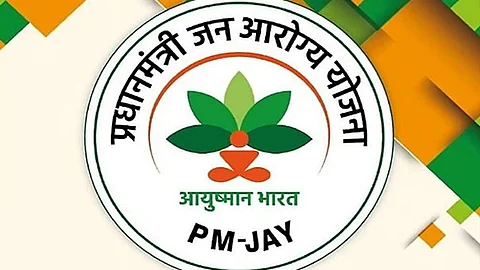Limitations and Comparative Analysis
Atishi questioned the adequacy of the ₹5 lakh insurance cap under Ayushman Bharat. She pointed out that in cases where medical expenses exceed ₹5 lakh, families would be forced to pay out of pocket. “Delhi’s hospitals, in contrast, provide unlimited free treatment regardless of the cost, whether it is ₹5 lakh, ₹10 lakh, or even ₹50 lakh,” she added.
Additionally, under Delhi’s existing schemes, patients experiencing long wait times for surgeries or tests can receive treatment at private hospitals and laboratories, with the government covering the expenses. Accident victims are also treated for free at private hospitals. In the 2023-24 fiscal year, over 2.42 lakh people accessed free diagnostic tests, 7,036 received surgeries at private hospitals, and 7,314 accident victims were treated free of cost under these initiatives.
Next Steps
While the High Court has issued notices to the Delhi government and its health department regarding the PIL, Atishi’s remarks signal a willingness to explore options for implementing Ayushman Bharat without disrupting the state’s existing healthcare benefits. This marks the first significant shift in the government’s stance on the matter.
With the health department tasked with finding a resolution, the coming months may see new policies aimed at balancing the benefits of both schemes. However, the question remains whether a compromise can satisfy both the Centre’s vision and Delhi’s existing healthcare framework.
(Input from various sources)
(Rehash/Ankur Deka/MSM)


